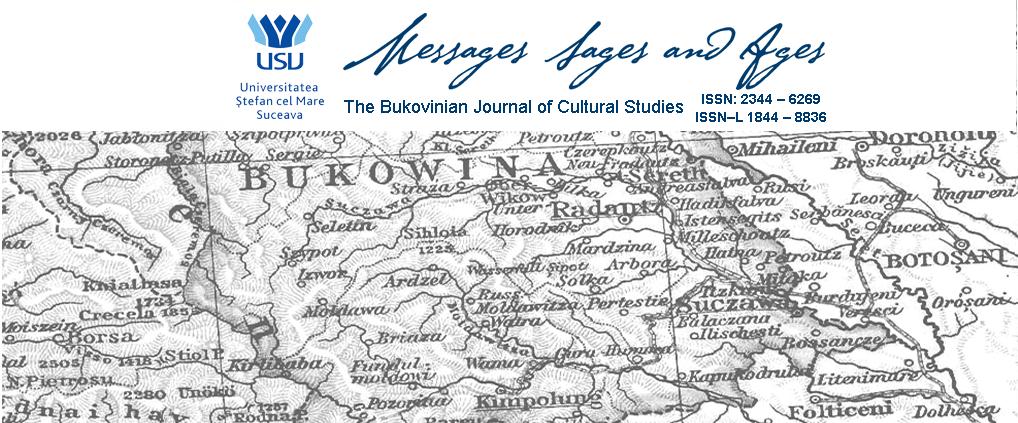Teaching English as a foreign language is rooted in the national interest of English-speaking countries that promote their own culture throughout the world. To some extent, ‘culture’ is a byword for what has come to be known as the modern nation. Mainly the UK and the US are in the spotlight of EFL teaching and learning. At the expense of other, less ‘sought-after’ varieties of English, British and American English make the case for British and American cultures. Essentially, this is all about Britishness and Americanness, as the very name of the English variety testifies to the British or the American standard. Of course, the other choice, i.e. not to make a choice, is a statement on its own. One way or another, the attempt to pick and choose shapes teaching and learning EFL. However, English is associated with teaching cultural diversity more than other prestige languages. Despite the fact that its status has everything to do with the colonial empire of Great Britain, English highlights the conflict between the use made of the mother tongue to stereotype the non-native speaker of English and current Anglo-American multiculturalism. Effectively, language-use is supposed to shed light on the self-identification patterns that run deep in the literary culture of the nation. Content and language integrated learning (CLIL) encompasses the above-mentioned and, if possible, everything else from the popular culture of the English-speaking world. It feels safe to say that the intractable issue of “language teaching as political action” (Cook, 2016: 228) has yet to be resolved in the classrooms of the Romanian public schools too.
Onoriu Colăcel
Author
Dr Onoriu Colăcel is Lecturer in English at the Ștefan cel Mare University of Suceava, Romania. His work focuses on contemporary English literature and patterns of self-identification in literature and popular culture.
